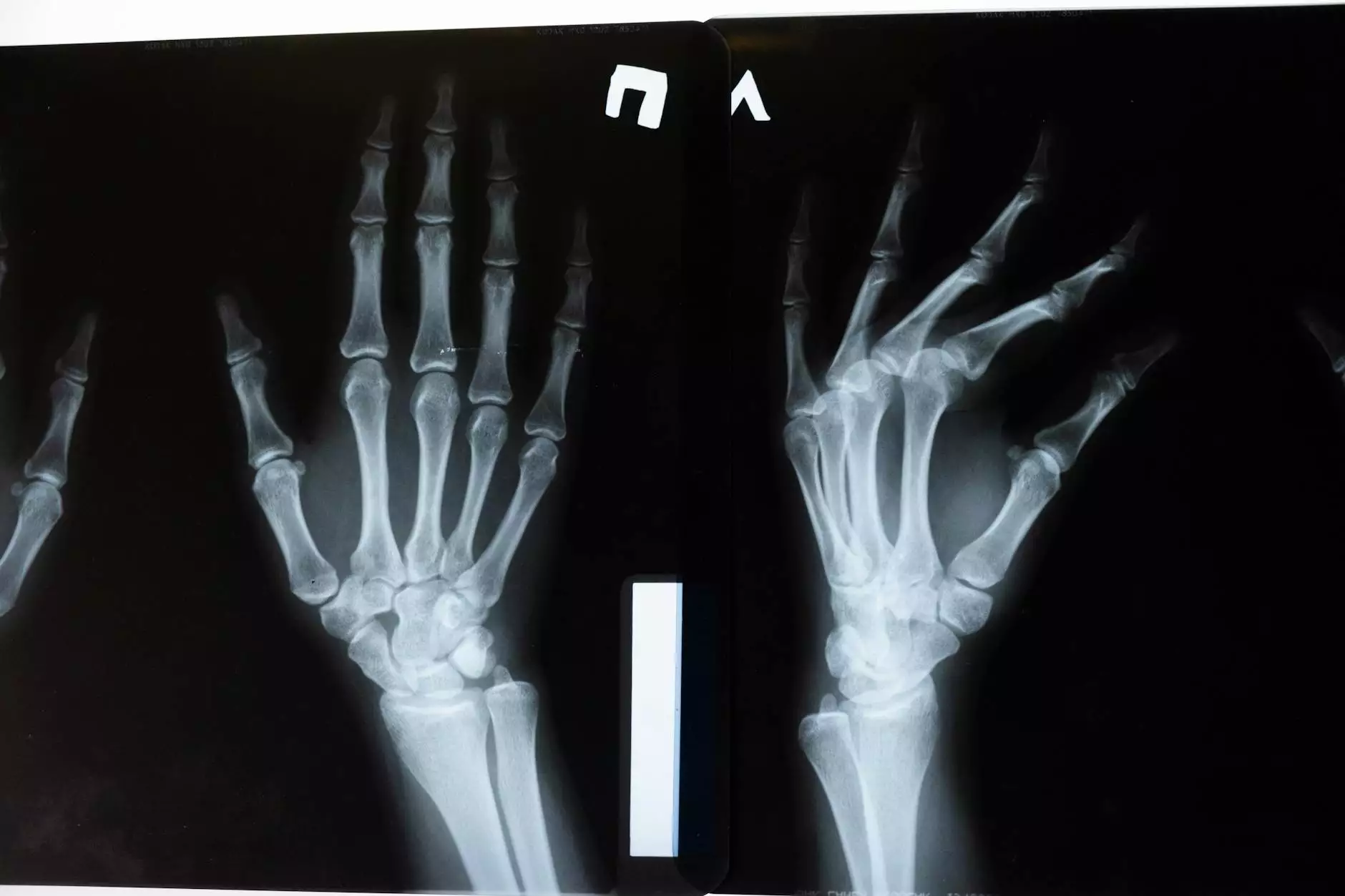Gum Recession

Welcome to the page on gum recession, brought to you by Dante Colosimo, DDS - your trusted dental service provider in the Health - Dentist and Dental Services category. In this comprehensive guide, we will delve into the causes, symptoms, and available treatment options for gum recession.
Understanding Gum Recession
Gum recession is a common dental condition where the soft tissue surrounding the teeth recedes, exposing the roots. It can occur gradually or suddenly, impacting the aesthetic appeal and overall health of your smile. If left untreated, gum recession can lead to tooth sensitivity, decay, and even tooth loss. Therefore, it's crucial to understand its causes and seek professional dental care.
Causes of Gum Recession
Gum recession can have multiple causes, including:
- Poor oral hygiene habits: Inadequate brushing or flossing can lead to plaque buildup, which can irritate the gums and cause them to recede over time.
- Periodontal disease: Advanced gum disease can destroy the supporting structures of the gums, leading to recession.
- Aggressive brushing: Brushing your teeth with excessive force can wear away the gum tissue and contribute to recession.
- Genetics: Some individuals may be genetically predisposed to gum recession.
- Malocclusion: Misaligned teeth can place extra pressure on certain areas of the gums, potentially causing recession.
- Tobacco use: Smoking or chewing tobacco products can increase the risk of gum recession.
- Hormonal changes: Fluctuations in hormone levels, such as during pregnancy or menopause, can make the gums more susceptible to recession.
- Grinding and clenching: Bruxism, or teeth grinding and clenching, can contribute to gum recession due to the excessive force exerted on the teeth and gums.
Recognizing the Symptoms
Gum recession is not always easy to spot, but some common symptoms to watch out for include:
- Visible lengthening of teeth
- Exposed tooth roots
- Tooth sensitivity to hot or cold temperatures
- Bleeding or swollen gums
- Bad breath or unpleasant taste in the mouth
- Loose or shifting teeth
Treatment Options
When it comes to addressing gum recession, Dante Colosimo, DDS offers a range of effective treatments tailored to each patient's unique needs. Some commonly recommended treatments include:
1. Scaling and Root Planing
This non-surgical deep cleaning procedure removes plaque and tartar from the tooth surfaces and smooths out any rough areas on the roots to promote gum tissue reattachment.
2. Gum Grafting
In cases of severe gum recession, a gum graft may be recommended. This procedure involves taking gum tissue from another area of your mouth or using a donor graft to cover the exposed tooth roots, helping to restore a healthy gumline.
3. Pinhole Surgical Technique
As a minimally invasive alternative to traditional gum grafting, the pinhole surgical technique involves making small incisions in the gum tissue and gently repositioning it over the exposed roots, without the need for sutures.
4. Dental Restoration
If gum recession has resulted in significant damage to the teeth or supporting structures, restorative treatments like dental crowns, veneers, or dental implants may be recommended to restore both functionality and aesthetics.
Preventing Gum Recession
While not all cases of gum recession can be completely prevented, there are several steps you can take to minimize your risk:
- Maintain a consistent oral hygiene routine, including proper brushing, flossing, and regular dental check-ups.
- Use a soft-bristled toothbrush and avoid applying excessive pressure while brushing.
- Quit smoking or using tobacco products.
- Manage stress levels to reduce teeth grinding and clenching.
- Eat a balanced diet that is rich in vitamins and minerals to support overall gum health.
Contact Dante Colosimo, DDS
If you suspect gum recession or are experiencing any concerning symptoms, please don't hesitate to reach out to Dante Colosimo, DDS. Our team of skilled dental professionals will provide you with a thorough examination and work with you to develop a personalized treatment plan to address your specific needs. Take the first step towards a healthier smile today!
Note: The information provided in this guide is for educational purposes only and should not be substituted for professional dental advice. Seek prompt assistance from a qualified dental professional for any concerns or questions regarding your oral health.









